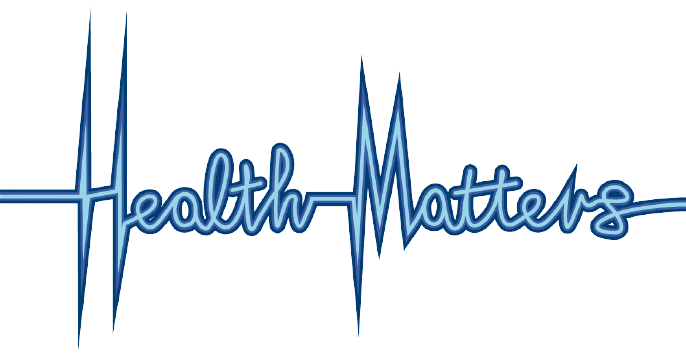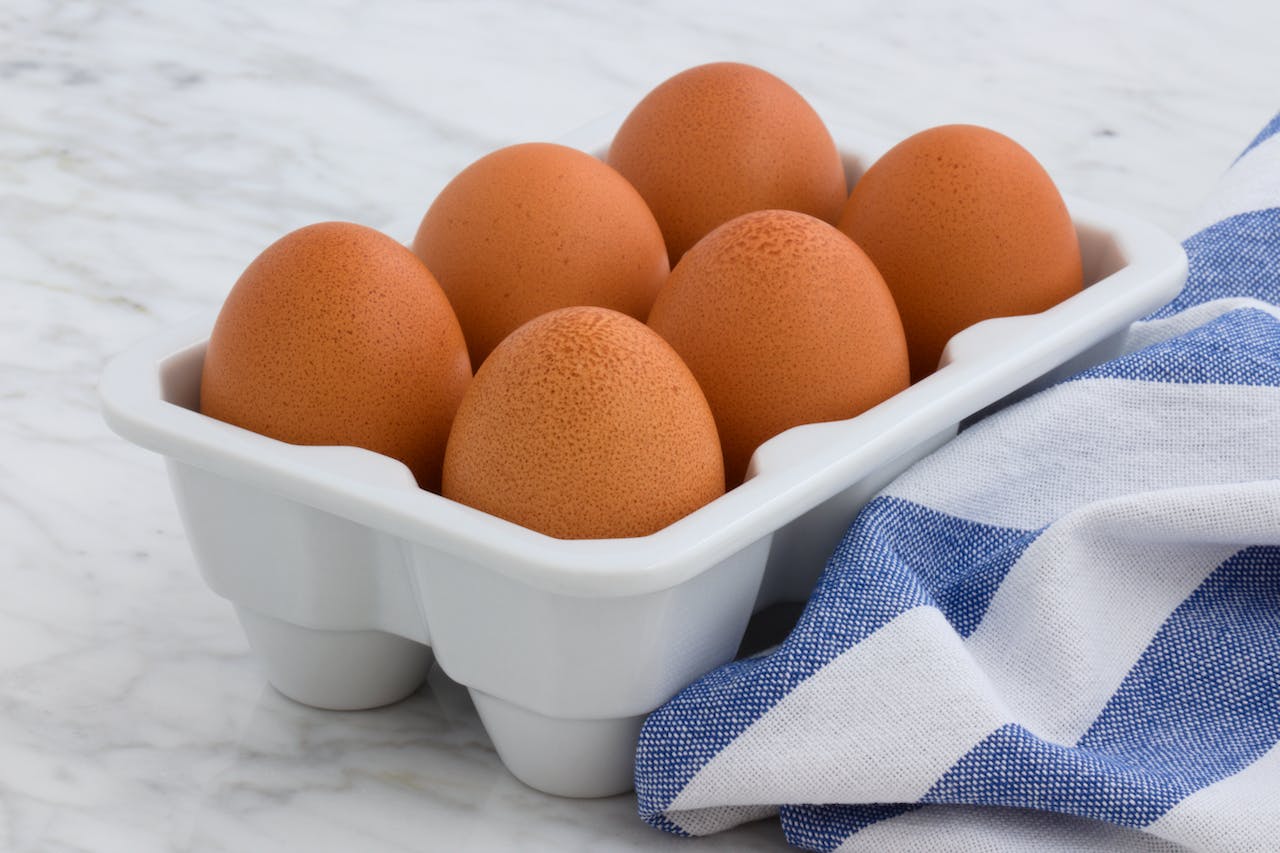How is it December already? We are very excited to be closing off the busiest year yet for Health Matters and starting into a fresh one with lots of exciting projects in the pipeline. However, before we get ahead of ourselves, there are around 2 weeks before the big day, so it is not time to loosen the reigns just yet. You still have 2 weeks to get started on making better choices – most of the time, as we know the festive season is busy and realistically, who wants to miss out?
One of the first things we advise clients to think about when it comes to nutrition is your protein. Even during the festive season, think about basing your meals out around protein to ensure you are ticking one essential component off the list.
This newsletter is going to hopefully answer most of your questions.
What is protein?
Protein is a macronutrient, which means our body needs it in large amounts. Most people we speak to think that only active individuals or those involved in the gym need to consider their protein intake. However, everyone needs to consider it – from you, to your parents, to your grandparents.
Protein is responsible for the growth and repair of body tissue, it is needed to make enzymes, hormones, and antibodies, it plays a role in supporting our immune system, skin, hair, and much more. This makes it an important nutrient that we all should prioritise, but unfortunately, it is often forgotten.
Furthermore, protein plays an important role in appetite regulation. It helps to keep us full for longer which makes it important from a body composition point of view as it reduces cravings and energy slumps. This ties into the point above about structuring your meals around a protein source during the festive season. For example: chicken (protein) toastie, turkey stir-fry, a fish dish. If you have a protein source in your meals it is going to help slow down the digestion process, which means you are full for longer. Hence, less likely to grab some sweets hanging around the office!
Where to source it?
Protein is mostly found in animal sources such as meat, poultry, turkey, fish, eggs, dairy. 1 serving is approximately the size of the palm of your hand and this is ~20-30g of protein. These are ‘high-quality’ protein sources containing all essential amino acids (building blocks of protein).
Plant sources include soy, tofu, tempeh, nuts, seeds, beans, chickpeas, lentils, quinoa and buckwheat. Plant sources are generally lower in protein and to meet the recommended guidelines you might have to mix and match or spend a bit more time preparing meals.
How much?
It is generally recommended people aim for 20-40 grams per meal spread evenly throughout the day. Ideally, you want to consume protein every 3-4 hours to maximize muscle protein synthesis and reduce muscle protein breakdown. This essentially means consuming your 3-4 main meals with some snacks in between.
If you want to be more specific, people should aim for between 1.6-2.0g per kg of body weight.
Post-workout protein
Protein is an important macronutrient to consume in the post-workout period to enhance the recovery process. You will often see athletes or sportspersons consume a protein-based food or supplement soon after training and this to facilitate muscle repair following an exercise session so they can come back better and stronger. For example, a meat-based meal, some fish, scrambled eggs on toast, a supplement. If you don’t have an appetite a liquid form of protein is just as beneficial such as a fruit smoothie with whey protein powder.
Summary
Protein is an essential macronutrient that our body needs for many vital bodily processes. Everyone should consider it. Aim for 20-40g per meal (a palm-sized serving), every 3-4 hours. If you have a weight loss goal, consider aiming for the higher end of recommendations to increase fullness and satiety.
Keep your eyes peeled for our new educational YouTube channel in the new year where we hope to provide you with plenty of practical information, do subscribe early on the link below….
That`s all for now
Yours in Health and Fitness,
The Health Matters Team
Please make sure you give us a follow on Instagram @healthmattersire and feel free to engage, like, share, and comment.
Our articles are published early through our newsletter.

